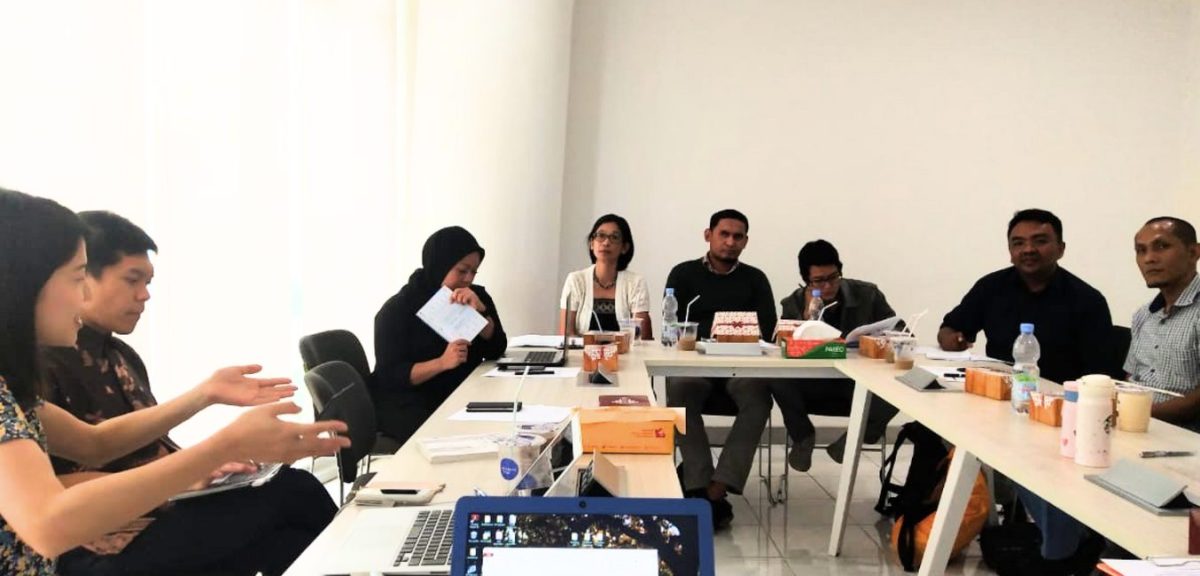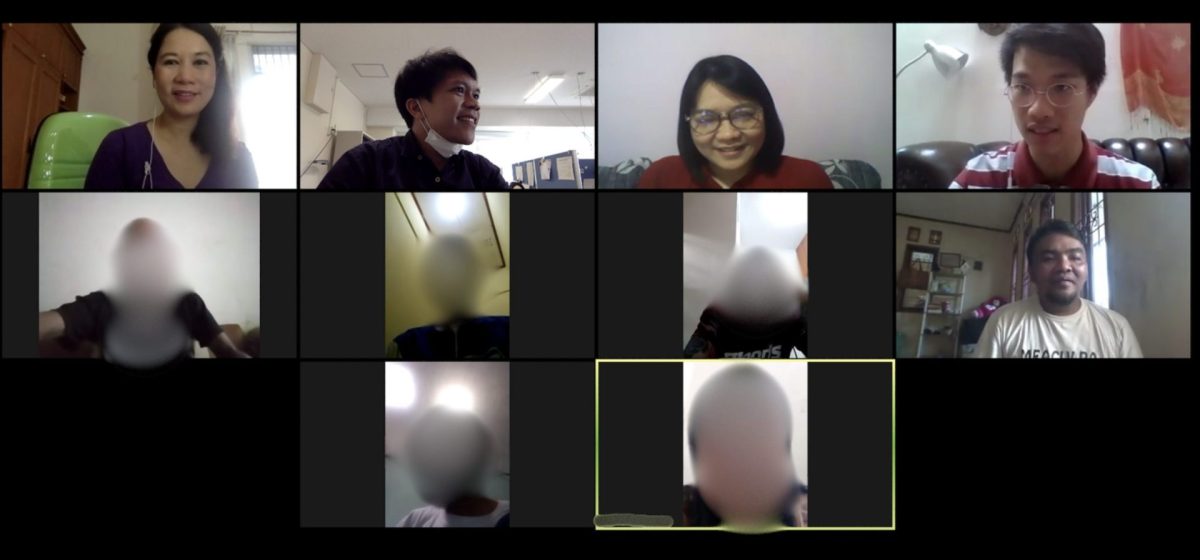In Indonesia, the experience of people who use psychoactive substances is fraught with challenges. They face widespread social stigma (being labeled as ‘immoral’), arrest and imprisonment by law enforcement (labeled as ‘criminals’), and are often viewed through an over-medicalized lens as addiction and a psychiatric issue (labeled as ‘patients’). These labelings frequently pave the way for their commodification as consumers of often overpriced and always mandatory rehabilitation services. A small fraction of these individuals, however, indeed suffer from substance use disorder (SUD), characterized by an inability to control the use of specific substances and may require healthcare. However, due to the aforementioned issues, these individuals often struggle to receive necessary care or suffer from the treatment themselves, which is typically mandatory inpatient services. To address this issue, Associate Professor Ryota Sakamoto, Program-specific Assistant Professor Youdiil Ophinni (Hakubi Center for Advanced Research), Assistant Professor Chika Yamada, and their team have collaborated with medical experts and those with personal experience in substance use disorder to develop a locally adapted Indonesian psychotherapy program for SUD, utilizing a remote video-conferencing system. In this publication, they reported on pilot test results of this innovative approach.
Specifically, the Indonesian version of the tele-Indonesia drug addiction relapse prevention program (tele-Indo-DARPP) was developed with reference to a SUD psychotherapy established in Japan. After exchanging opinions with Indonesian collaborators, the program was pilot tested over a period of three months for eight people diagnosed with SUD, with a counselor with SUD experience and a psychiatrist. The results showed that the program was acceptable and practical for both people with SUD and treatment providers. The team is currently conducting a main trial to determine the program’s effectiveness.
The study was published in the journal JMIR Formative Research (18 June 2024).


Comments from coauthor
In Indonesia, as in Japan, if a person is arrested for using illegal drugs, they are forced by court order to undergo inpatient treatment or residential rehabilitation. However, when we spoke to people who had been subjected to such rehabilitative treatment, many told us about the pain of spending months in jail-like facilities, being separated from their children, having difficulty returning to work, study, and social life, and the anxiety of having to undergo the same treatment again in the future if diagnosed as having relapsed. Here, instead of compulsory inpatient treatment, we proposed an online program that allows people to participate in psychotherapeutic sessions wherever and whenever they want. The program was designed to create a platform where counselors with lived experience of SUD and healthcare professionals can collaborate in the sessions, fostering an atmosphere where even taboo topics can be discussed in a lighthearted yet earnest manner.
Researchers
Ryota Sakamoto Kyoto University Activity Database on Education and Research
Youdiil Ophinni Kyoto University Activity Database on Education and Research
Chika Yamada Kyoto University Activity Database on Education and Research
Publication information
| Title | Relapse Prevention Group Therapy in Indonesia Involving Peers via Videoconferencing for Substance Use Disorder: Development and Feasibility Study |
| Authors | Siste K, Ophinni Y, Hanafi E, Yamada C, Novalino R, Limawan AP, Beatrice E, Rafelia V, Alison P, Matsumoto T, Sakamoto R |
| Journal | JMIR Formative Research |
| DOI | 10.2196/50452 |
Contact
<About the paper>
Asst. Prof. Chika Yamada, CSEAS, Kyoto University
E-mail: chika128 [at] cseas.kyoto-u.ac.jp
<About the publicity>
Public Relations Committee, CSEAS, Kyoto University
https://bit.ly/4dAtaj9